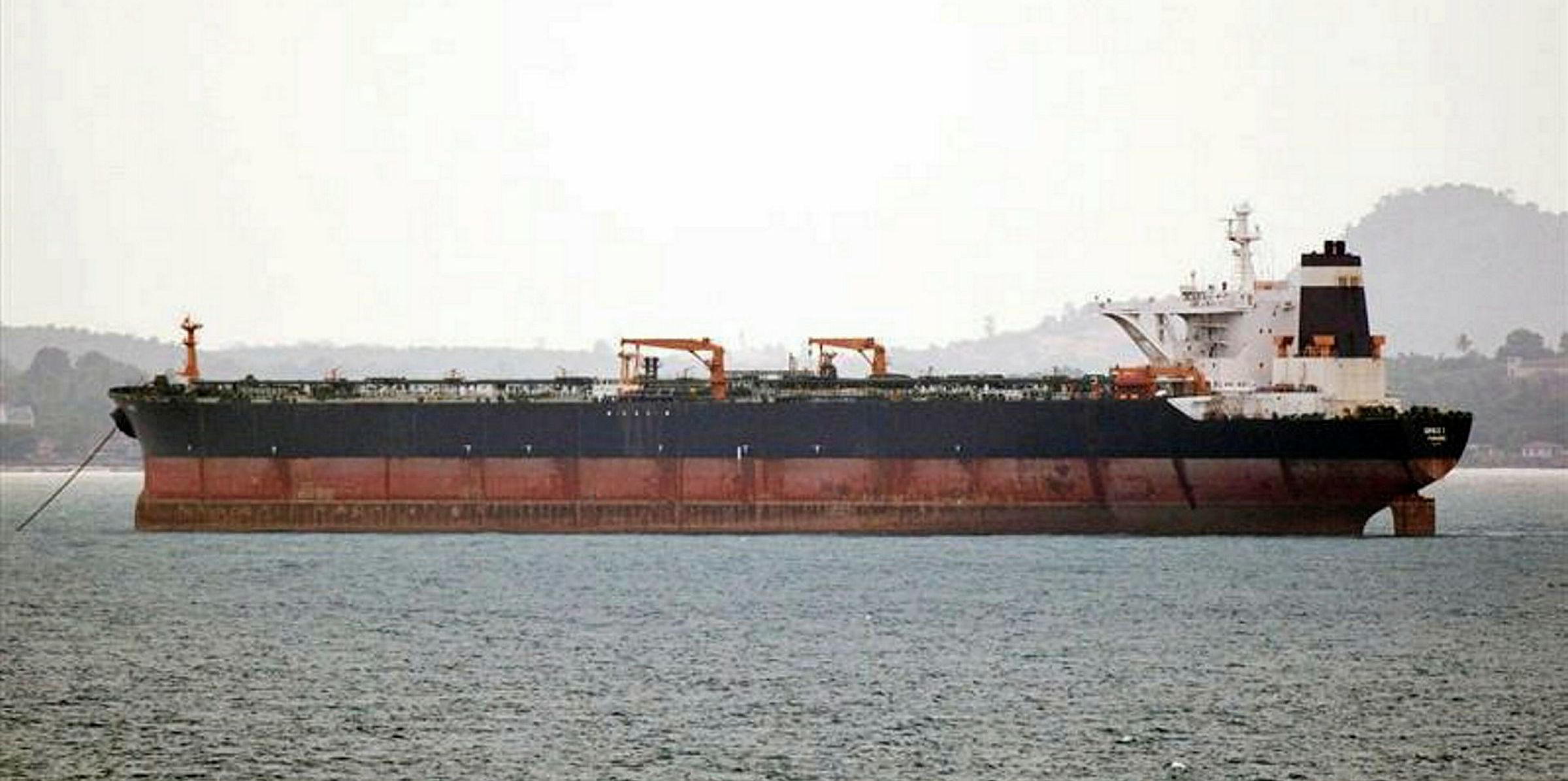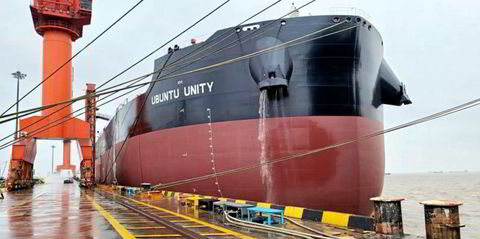A Gibraltar court has allowed the VLCC held since 4 July to sail, despite US objections that led to a brief delay.
According to the Gibraltar Chronicle, chief justice Anthony Dudley will release the 300,000-dwt Grace 1 (built 1997), over a last-minute push from the US Department of Justice to keep the ship held in the British overseas territory.
Dudley said there was no US application before the court.
"That's not before me," he said, according to the Chronicle. "There are no applications in relation to the US letters of request [for mutual legal assistance]."
According to reports, Dudley was set to allow the ship to sail before the US filed the application. The ship was arrested on suspicion the ship was delivering 2.1m barrels of crude oil to Syria, but Iran has since given written assurances that will not happen.
The Grace 1's detention has further fueled tensions in and around the Strait of Hormuz, where nearly a third of all the world's seaborne oil passes each day.
The Grace 1 was arrested 4 July by British commandos for breaking EU sanctions after it sailed into UK waters off Gibraltar.
Iran claimed the arrest was a hostile act. Two weeks later the Iranian Revolutionary Guard seized the 50,000-dwt British flag tanker Stena Impero (built 2018) and its crew of 24 off the Strait of Hormuz.
Although the British government claim there is no link between the seizure of both vessels it was widely expected that the release of the Grace 1 would lead to Iran releasing the Stena Impero.
It is unclear whether or not that will happen. On Twitter, Iran's foreign minister Javad Zarif called the US attempt to keep the ship detained a "piracy attempt" and economic terrorism.
He also tweeted a 29 July letter in which Iran condemned the detention.
Ahead of the ruling, Bali-based "international lawyer" Barry Grossman told Iran's English-language TV news station Press TV that the US lacked the standing to intervene.
He also questioned the competence of the Gibraltar court.
"I would argue quite strenuously that there's absolutely no basis on which the United States ... can argue that it has standing to intervene directly in the domestic affairs of Gibraltar," he said.
"If the United States was serious about making an argument to the court, they had plenty of time to foreshadow and give notice of their intention to bring this application and they didn't do so."
Monday, the Grace 1 briefly changed its automatic identification system (AIS) destination to Morocco, leading many to speculate that the ship could be released soon.
The next day, Iranian officials said the UK was interested in releasing the ship.
Shortly after the AIS change, maritime security firm Dryad Global said the ship's unflagged status and the "complexities" around its cargo of complicated its departure.
"[I]t is highly likely that the release of the Grace 1 would, in the short term, significantly reduce tensions within the Persian Gulf," Dryad said.
"In particular, the risk to UK flagged vessels would be anticipated to reduce considerably, however the [Iranian Revolutionary Guard] would likely still possess the intent to assert its influence within the Strait of Hormuz."
According to al-Jazeera, the US involvement left Gibraltar's attorney general "quite ruffled".
Meanwhile, Indian minister of state for external affairs V. Muraleedharan tweeted that the 24 Indian crew members aboard the Grace 1 had been released and are free to return to India, with the BBC reporting legal proceedings against four crew members had ended.
Reportedly, there were 28 seafarers aboard the VLCC, the remaining four were Russian, Latvian or Filipino.





